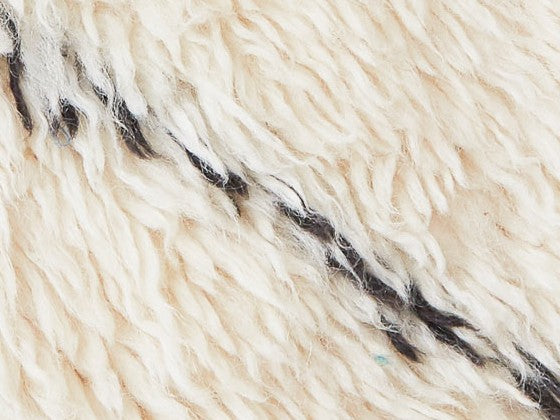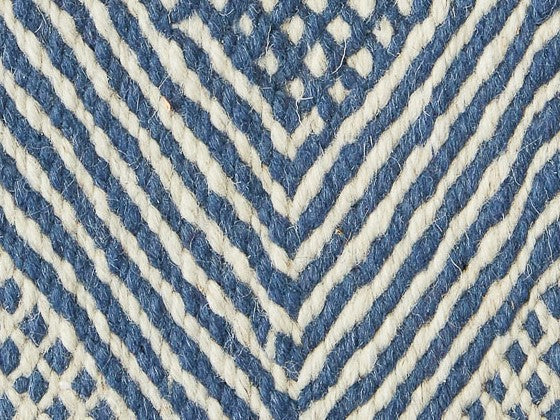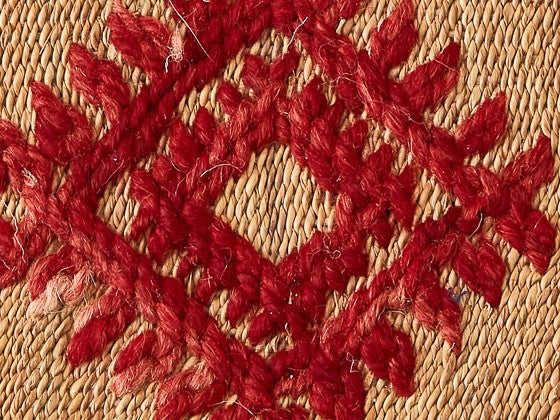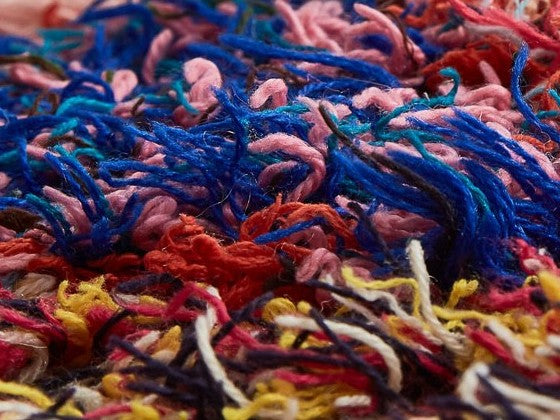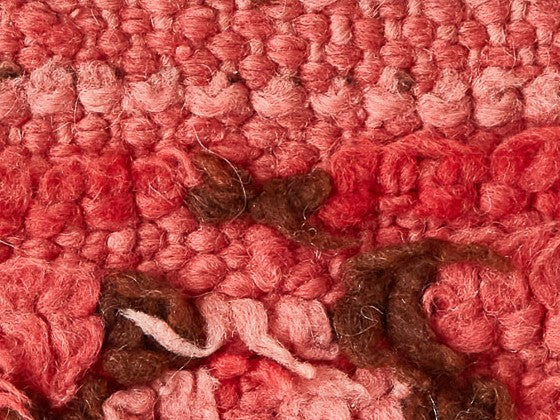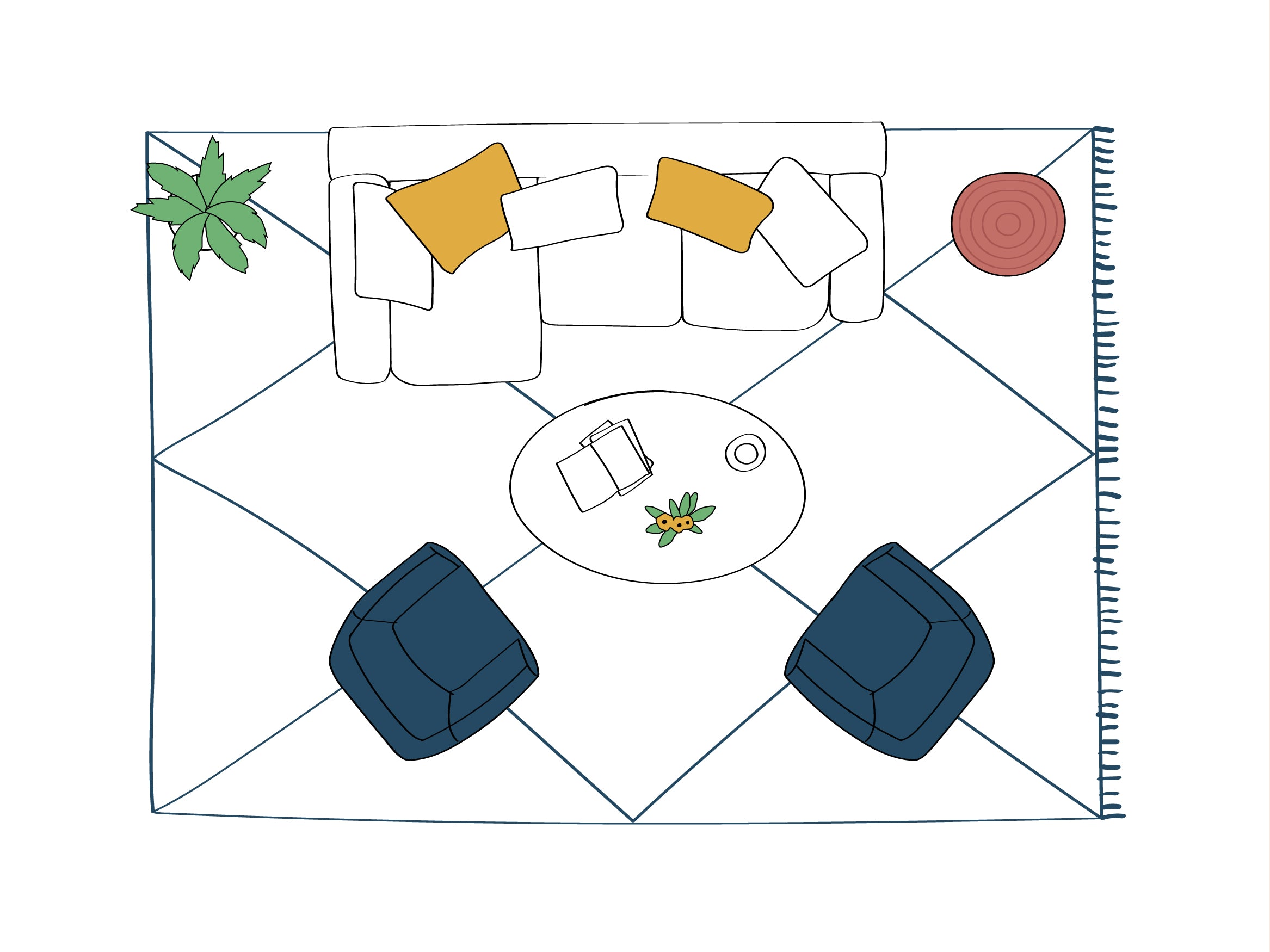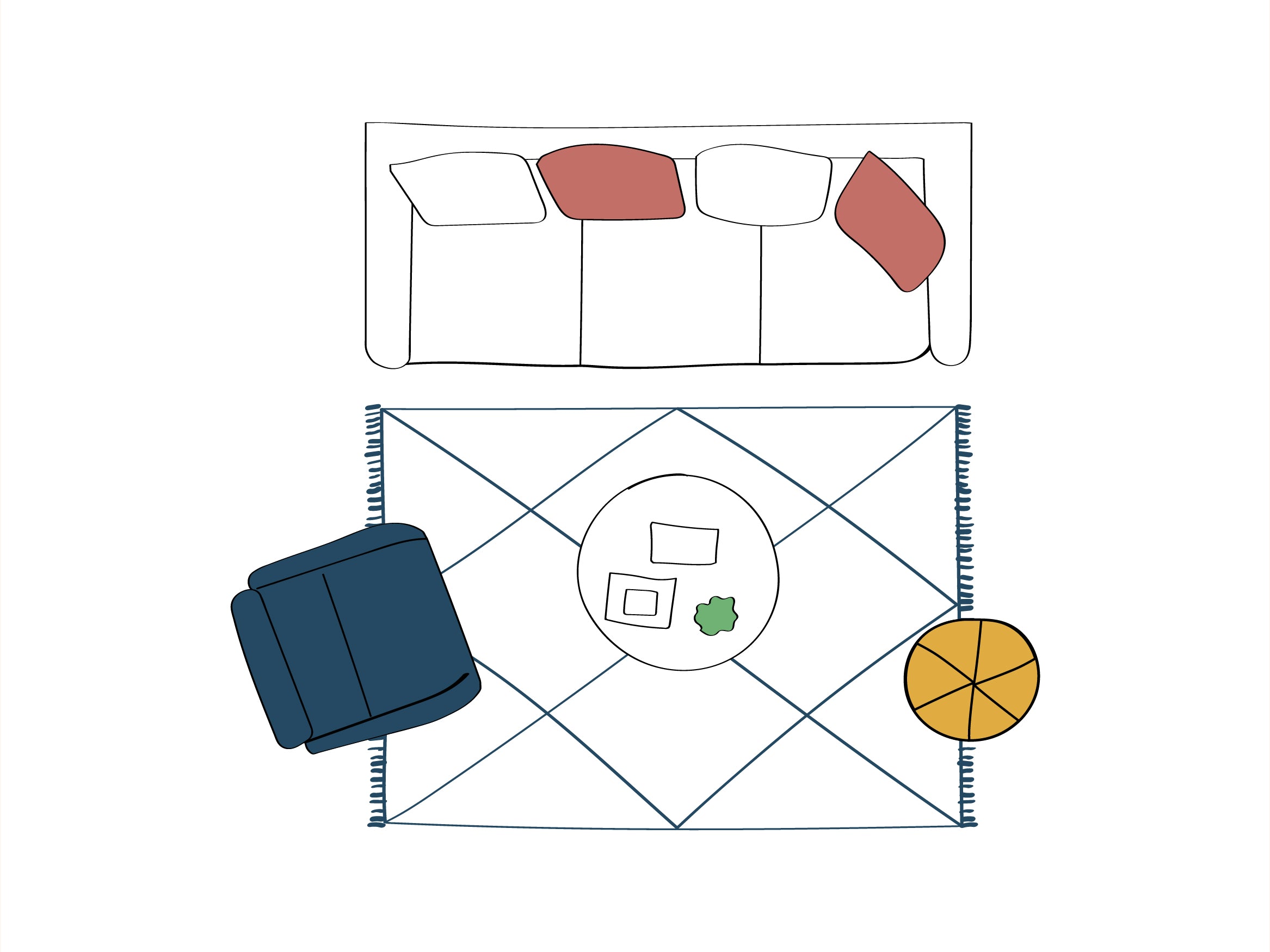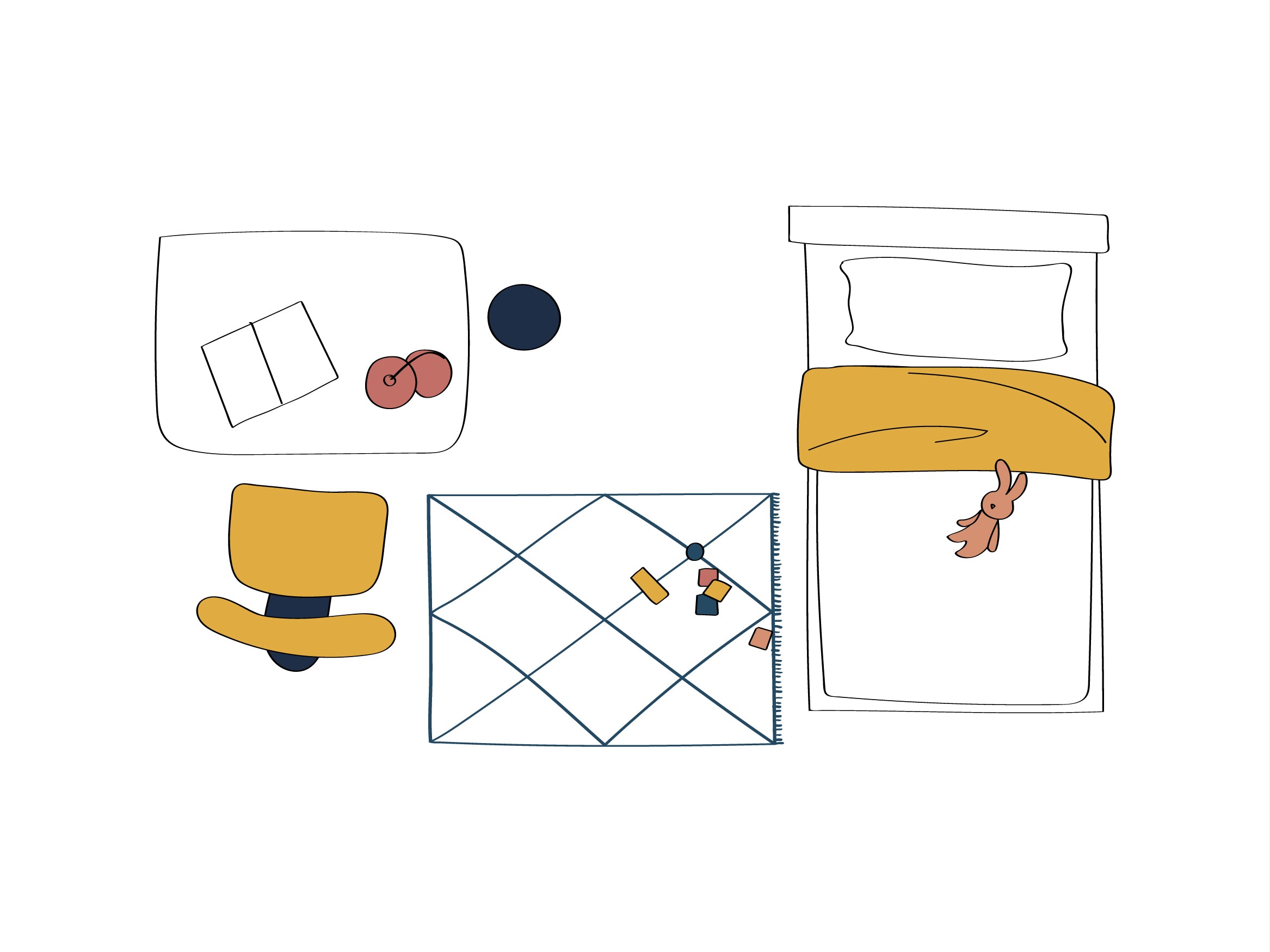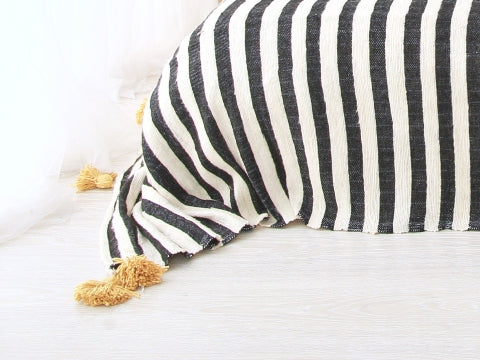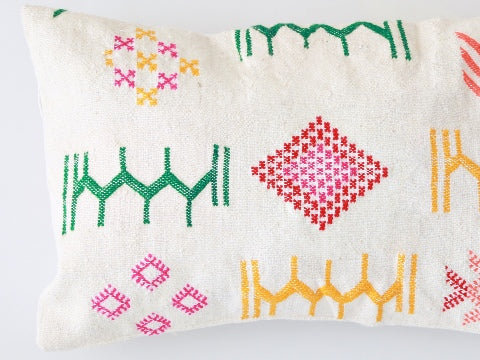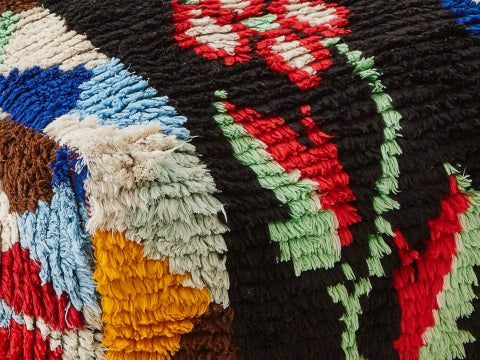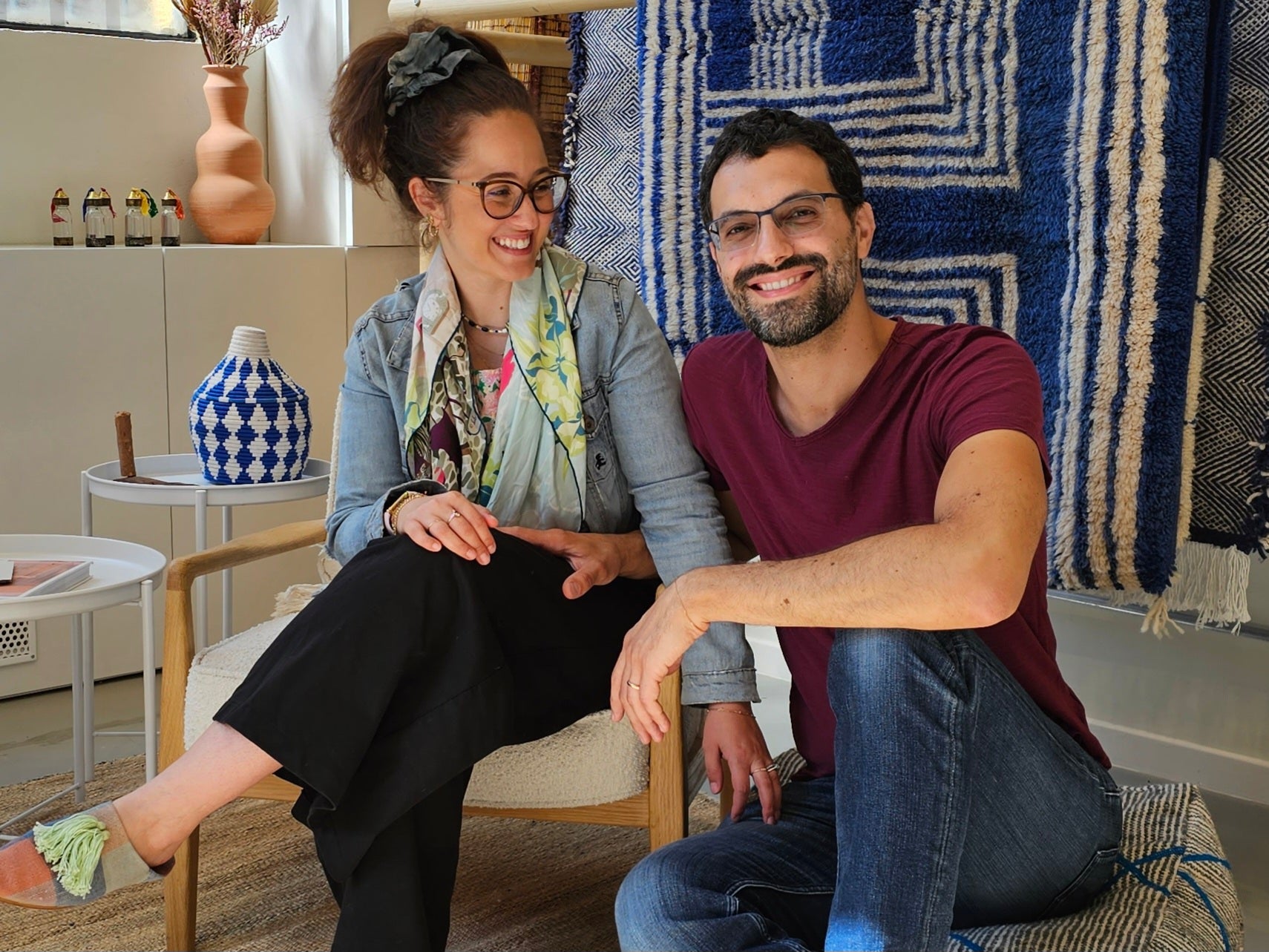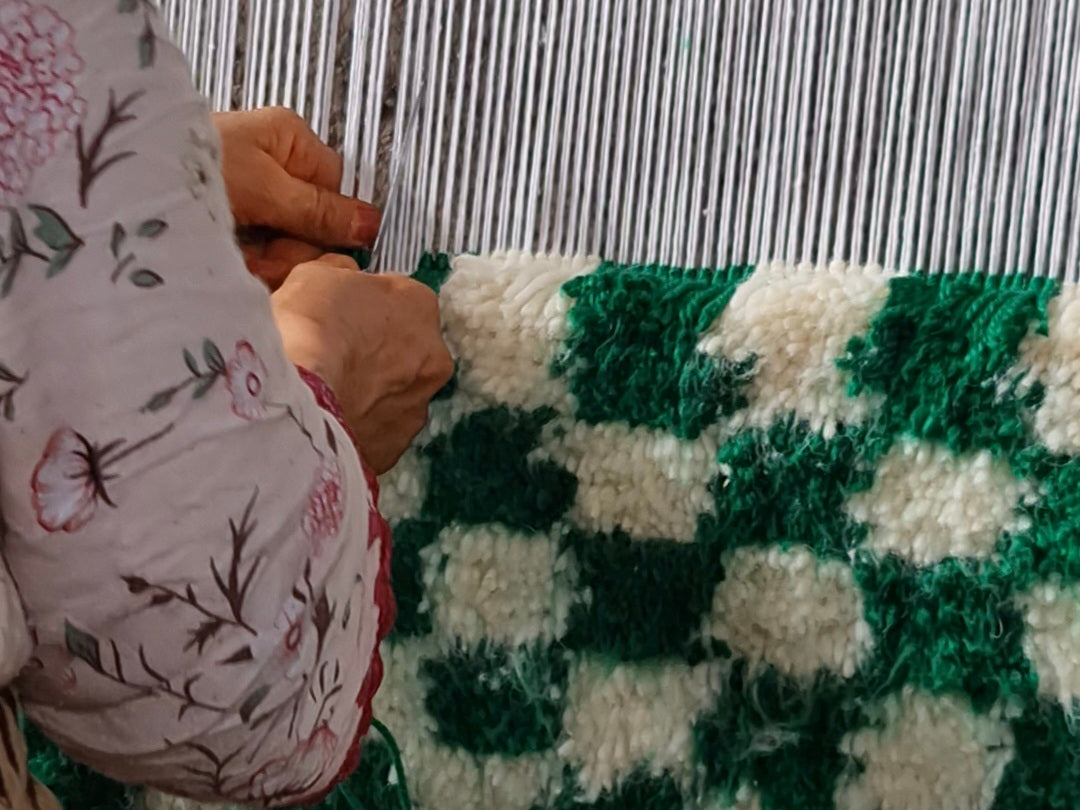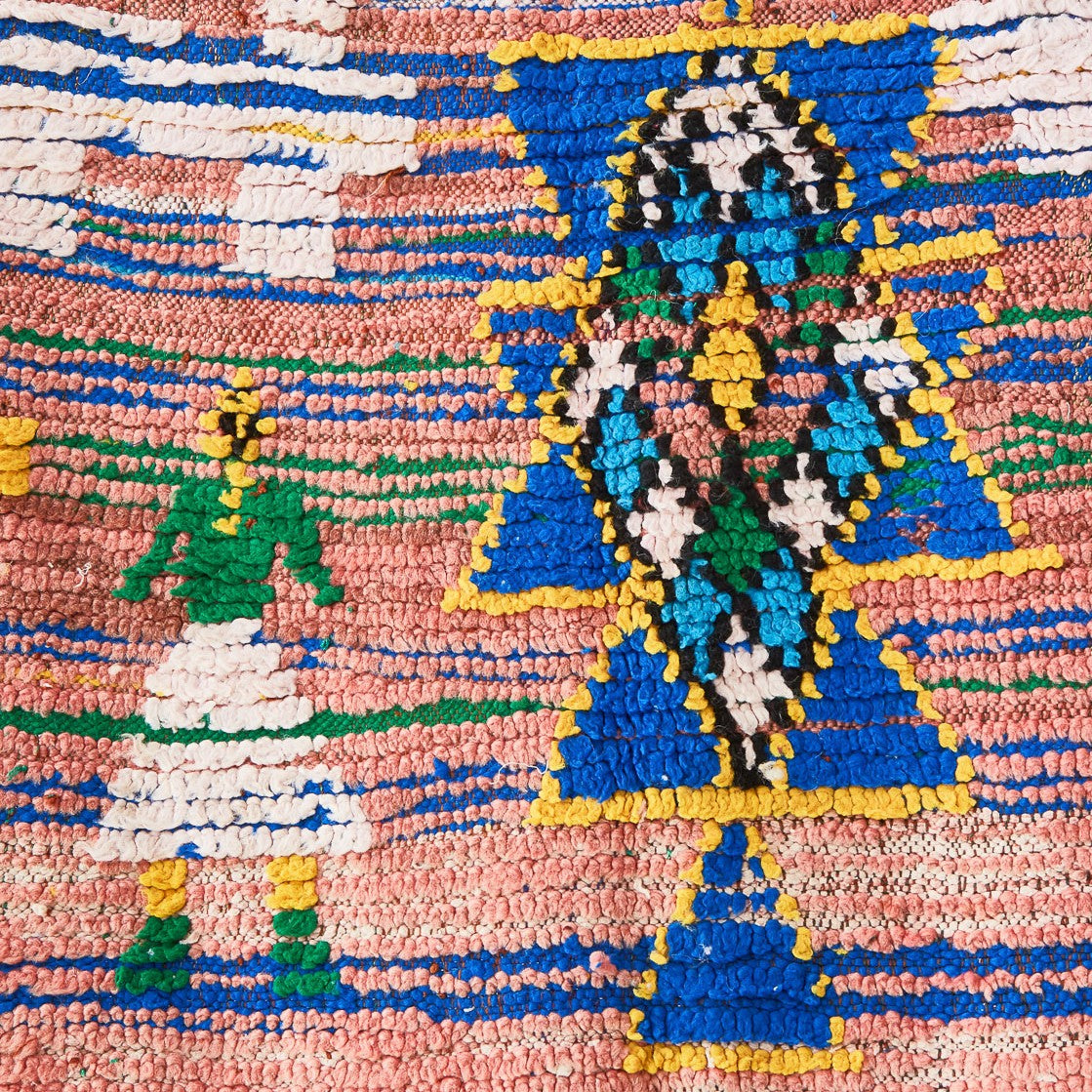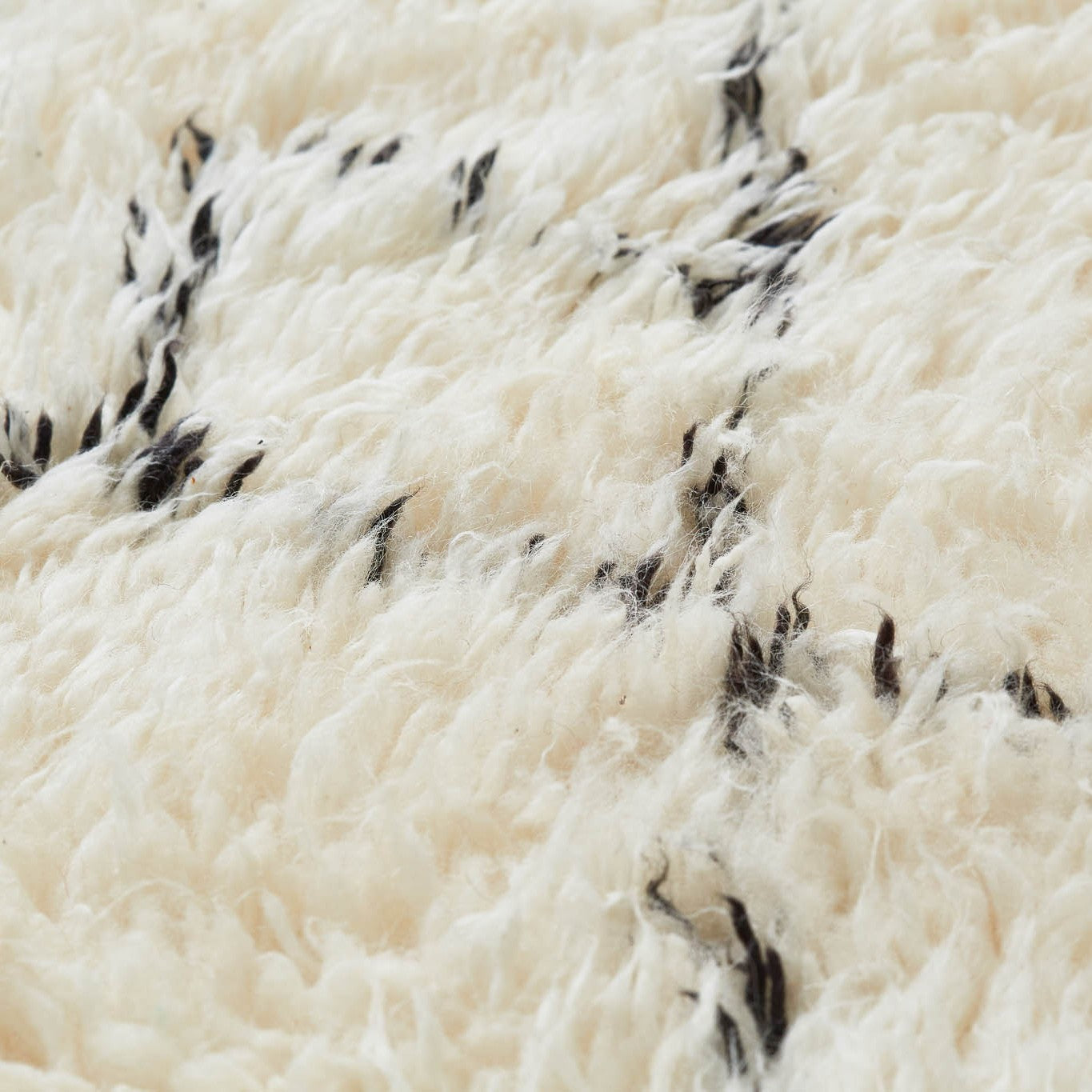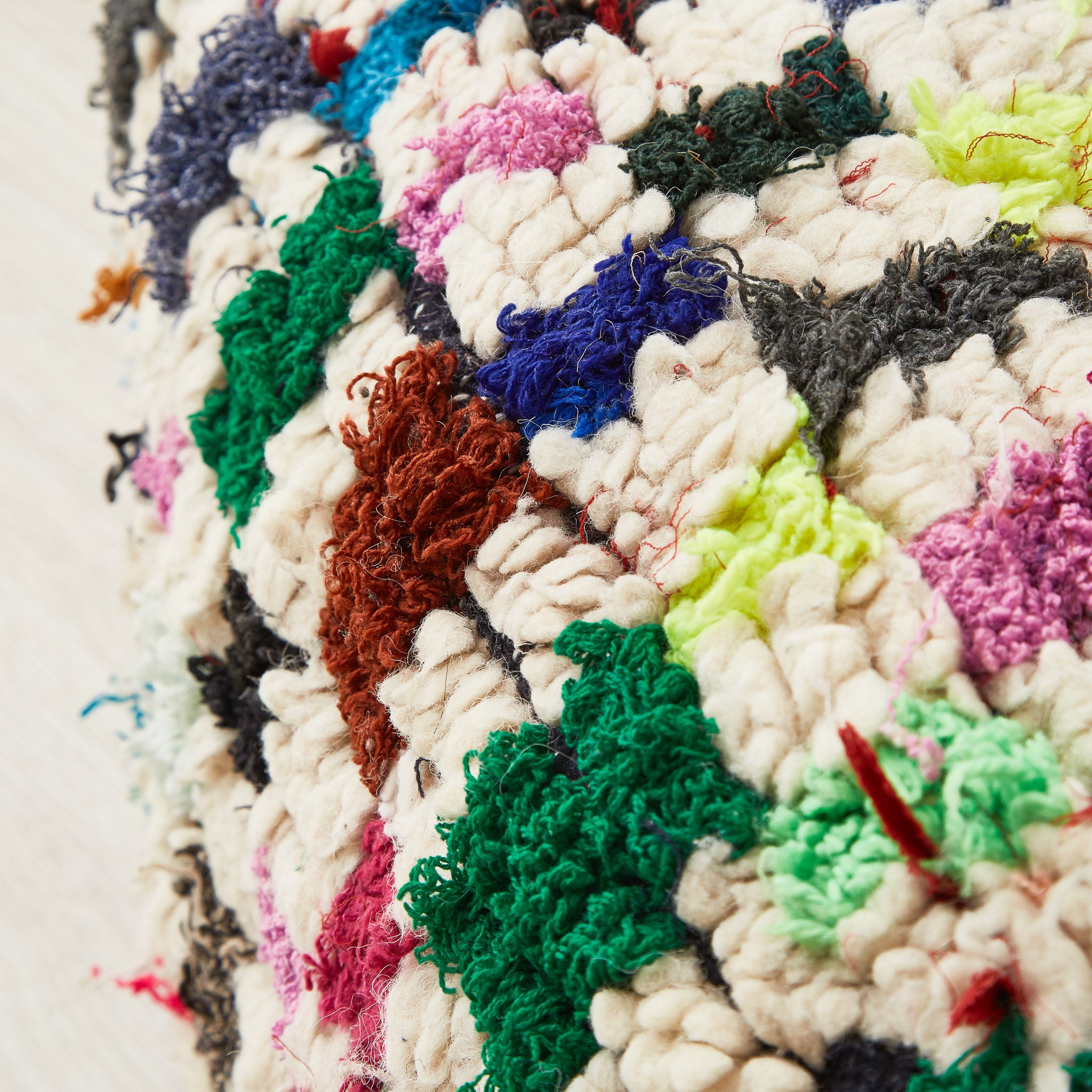You may have already noticed: we always talk about Amazigh rugs and never about Berber rugs.
The word Amazigh is almost never used in common language, even more so when it comes to identifying carpets.
Why did we choose to use such a little-known word?
To answer this question, let's do a little etymology:
The word “Berber” comes from the ancient Greek “bárbaros” and the Latin “barbarus”, which also gave the word “Barbarians”.
In Greek, the word literally meant the "stammerer" and designated someone who could not speak the Greek language.
The Latin "barbarus", on the other hand, was the "foreigner", that is, the one foreign to the Greco-Roman civilization.
Today, the word "barbarian" has a negative meaning. The “barbarian” is rude, uncultured, cruel, inhuman.
The term gave rise to the Arabic word "barabir" or "barabira" which was used in the Middle Ages by Arab authors to identify the indigenous populations of North Africa.
From there, words with the same negative etymology were progressively used throughout the Western world: the Anglo-Saxons say "berber" while the French use the word "berbère" (during colonization France had also proclaimed the "Dahir Berbère", a decree that created a dual legal system that divided Moroccans into "Arabs" and "Berbers".).
Today we say "Berber" to identify the original population of North Africa, i.e. the native population who lived in Morocco, Algeria, Tunisia, before the arrival of the Arabs from the Arabian Peninsula.
As you might imagine, the native people of North Africa do not call themselves “Berbers”.
In their language, they are called "Imazighen" or "Amazigh" which means "Free people". A decidedly beautiful meaning that does them credit.
For us, it is important to use the right words. It is a question of respect for the artisans and their culture.

